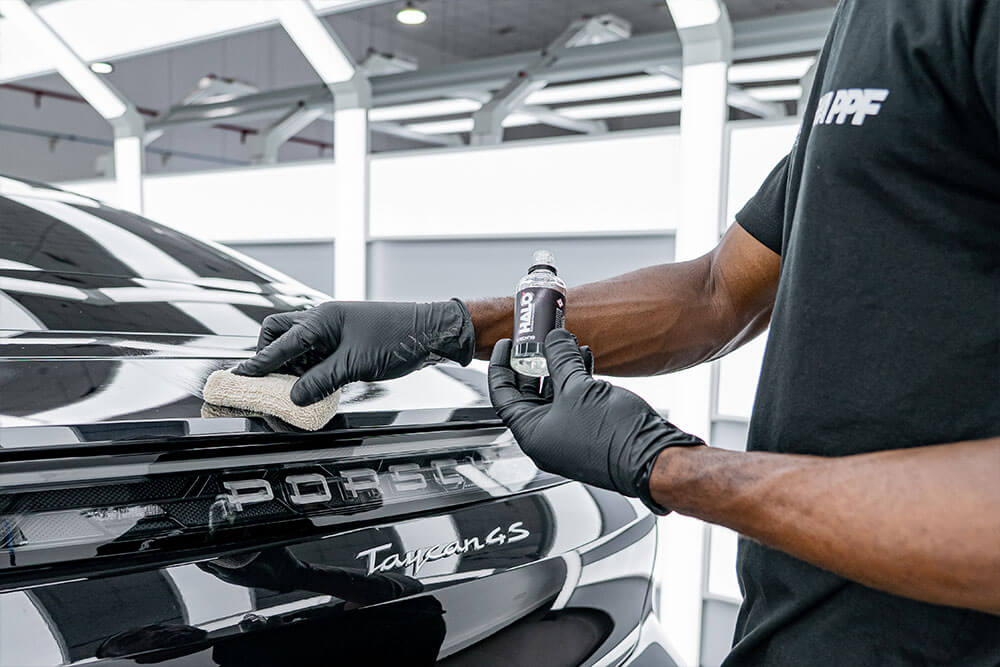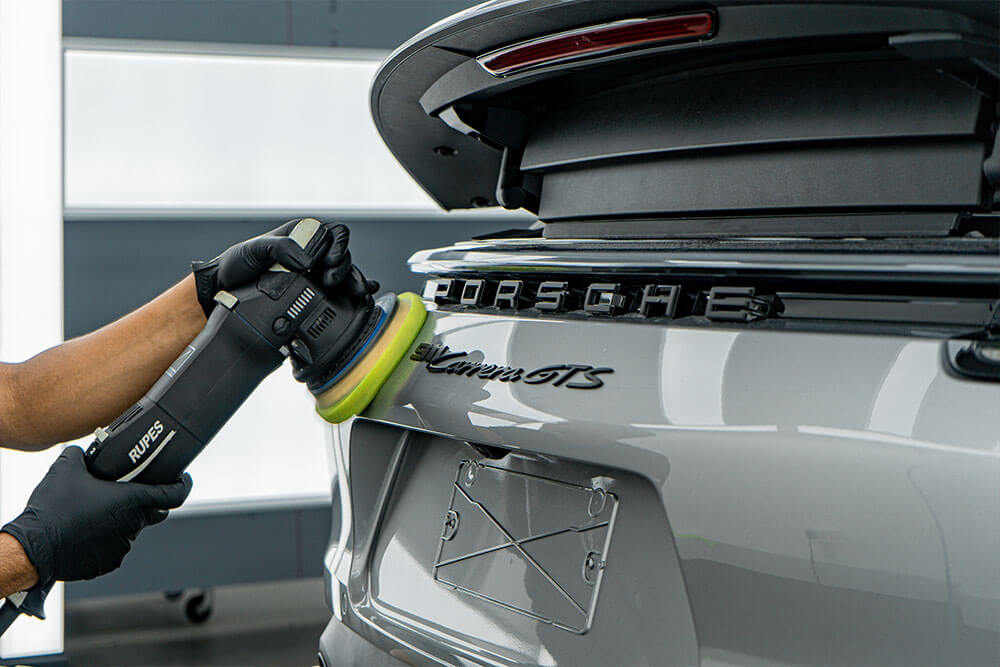
Owning a car in Dubai comes with a unique set of challenges. The city’s intense heat, desert conditions, and heavy traffic can put a strain on vehicles, making proper maintenance crucial. While Dubai offers world-class infrastructure and services, the local environment presents specific hurdles for car owners. Here are the top five challenges of car maintenance in Dubai and how to deal with them effectively.
1. Extreme Heat and Its Impact on Vehicle
Dubai’s summer temperatures often soar well above 40°C (104°F), which can wreak havoc on your car’s performance. The high heat affects various parts of the vehicle, particularly the engine, tires, and battery. Over time, this can cause components to wear out prematurely. The heat can also degrade the car’s fluids, such as engine oil and coolant, making regular fluid checks essential. To mitigate the effects, car owners should ensure their vehicle’s cooling system is functioning properly, invest in high-quality fluids, and use window tints to reduce internal temperature. Regular maintenance is key to preventing heat-induced damage.
2. Dust and Sand Accumulation
Living in a desert city means that sand and dust can easily accumulate on your vehicle, affecting its appearance and functionality. The fine particles can infiltrate the engine and air filters, reducing engine efficiency and air quality inside the cabin. Additionally, sand can scratch the exterior paint and cause long-term damage to the vehicle’s body. To prevent this, it’s important to wash the car regularly, focusing on the undercarriage and air filters. Using high-quality wax and sealants will also help protect the paintwork from the abrasive effects of sand.
3. Frequent Stop-and-Go Traffic
Dubai is known for its bustling streets and traffic jams, particularly during peak hours. The constant stop-and-go driving can put unnecessary strain on your car’s engine, brakes, and transmission. This driving style increases fuel consumption and accelerates the wear and tear of critical components. For drivers in Dubai, adopting a smoother driving style and ensuring regular service intervals can help alleviate some of this stress. Routine checks on the brake pads, transmission fluid, and engine performance will ensure the vehicle runs efficiently, even in heavy traffic.
4. Vehicle Corrosion from Saltwater
Dubai’s coastal location means that vehicles are often exposed to salt from the sea breeze. This exposure can lead to corrosion and rust, especially in areas like the undercarriage and wheel wells. Over time, saltwater can eat through the metal, leading to costly repairs. To prevent corrosion, car owners should wash their vehicles frequently, especially the undercarriage, to remove salt deposits. Applying rust inhibitors to vulnerable areas like the wheel arches and undercarriage can also help protect the vehicle’s frame from long-term damage.
5. Maintaining Tire Health
The extreme heat and rough desert terrain can take a toll on your tires. Tires in Dubai are more susceptible to wear and tear due to high temperatures, which cause the rubber to degrade faster. Additionally, the sandy roads and uneven surfaces can lead to punctures and other tire-related issues. Regular tire rotations, proper inflation, and frequent inspections are essential for tire longevity. Car owners should also consider investing in high-quality tires designed for the region’s climate and terrain to ensure safety and performance.
Conclusion
Car maintenance in Dubai presents unique challenges due to the harsh environment and busy lifestyle. From the blistering heat and dusty roads to the salty air and traffic congestion, each factor requires careful consideration and proactive measures. Regular checks, the right products, and a maintenance schedule tailored to the local conditions can help extend the life of your vehicle and keep it running smoothly. By staying on top of these challenges, car owners in Dubai can enjoy a reliable and well-maintained vehicle for years to come.


